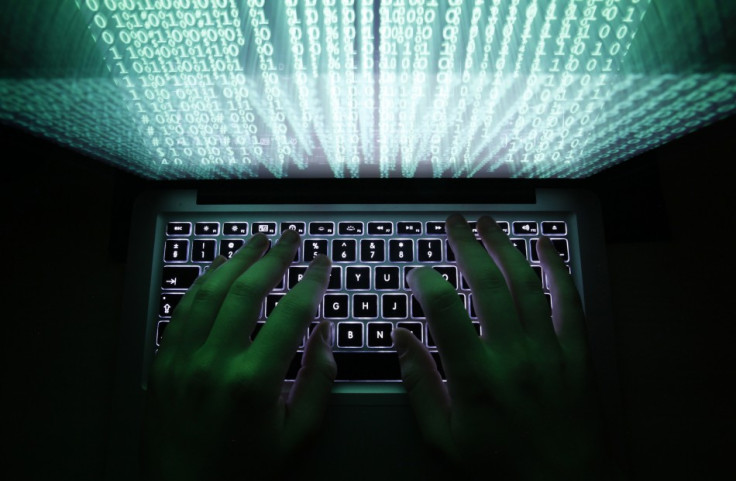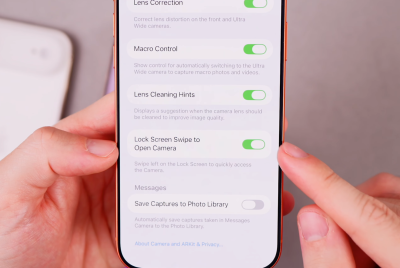Fees for Computer Hackers Soar As Countries Launch Cyber 'Arms Race'

Computer hackers are experiencing a surge in demand for their services from the world's governments, some of which are willing to pay tens of thousands of dollars for information about flaws in the computer systems of rival countries.
Israel, Britain, Russia, India and Brazil are increasingly vying with the likes of Iran and North Korea for hackers, sending the price of their services rocketing.
US whistleblower Edward Snowden recently made it clear that America's National Security Agency had bought from hackers.
Whereas before hackers would give away information on a system flaw in exchange for a hat-tip on a website, some are now able to command fees of up to $500,000, (£310,000).
Of particular value are so-called "zero day" flaws, which allow the target "zero days" to rectify the problem, and can be used to suck data from a computer or system for up to a year undetected.
Brokers, usually demanding a 15% cut of the fee, will market a system flaw to government and private sector clients. Some hackers will receive a royalty fee for every month a hack goes undetected.
Companies selling computer hacking information are also flourishing.
One company, Vupen, told the New York Times that its revenues were doubling every year. It charges $100,000 for a client to look through its catalogue of hackable flaws, then charges extra per sale.
"Governments are starting to say, 'In order to best protect my country, I need to find vulnerabilities in other countries,' " Howard Schmidt, a former White House cybersecurity coordinator told the newspaper. "The problem is that we all fundamentally become less secure."
Experts claim that the success of the Stuxnet virus launched by the US and Israel in 2010 to paralyse Iran's nuclear programme has prompted a cyber arms race, with demand for sophisticated hacks soaring.
Technology companies have also increased the fees, or "bug bounties", they pay hackers to identify flaws in their systems.
Google has reportedly paid hackers up to $20,000 for information, and Facebook has paid out $1 million for information on glitches.
"The bounties pale in comparison to what the government pays," Christopher Soghoian of the American Civil Liberties Union told the Times. The military establishment, he said, "created Frankenstein by feeding the market."
Recently, a report from Britain's Intelligence and Security Committee warned that governments were hiring hackers to launch attacks against rivals and enemies.
© Copyright IBTimes 2025. All rights reserved.






















